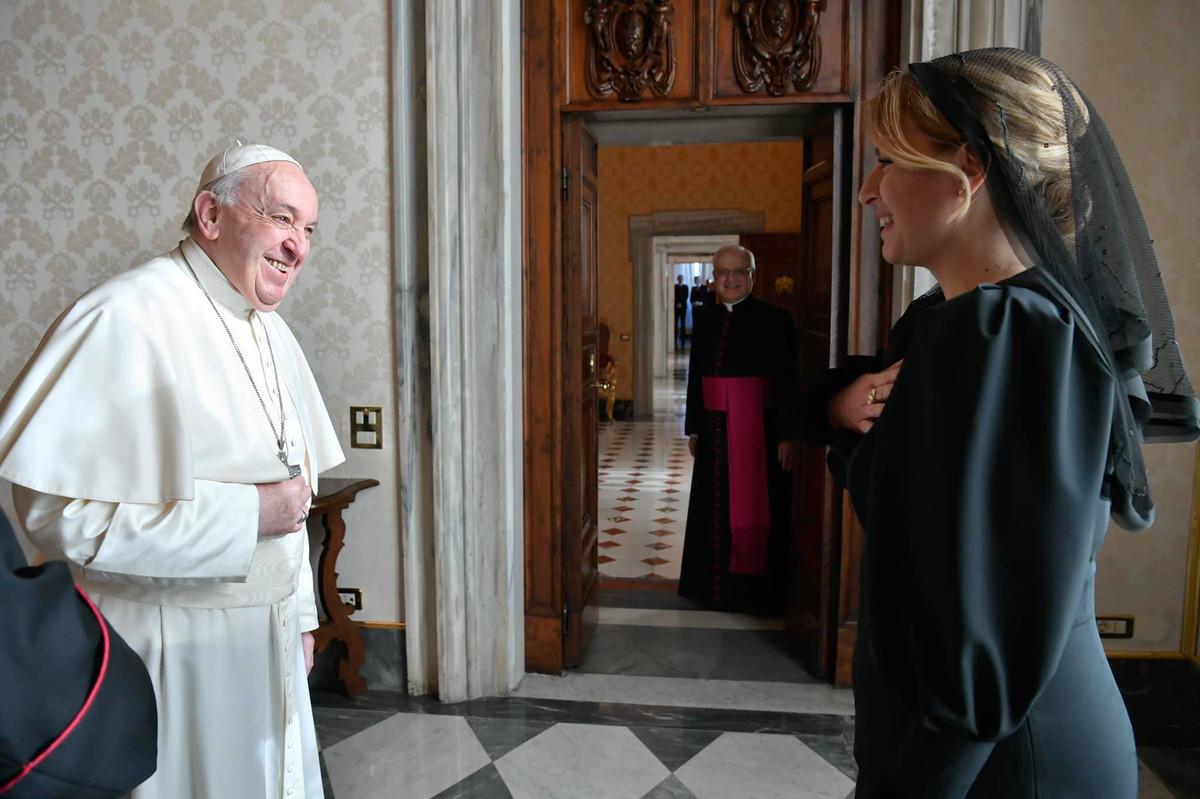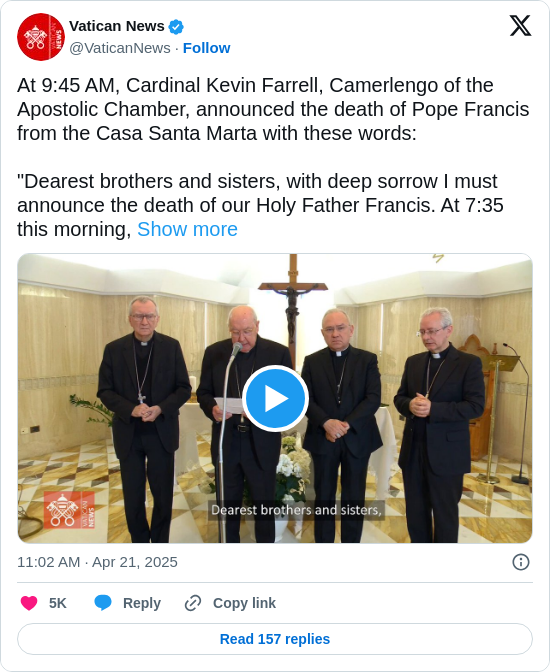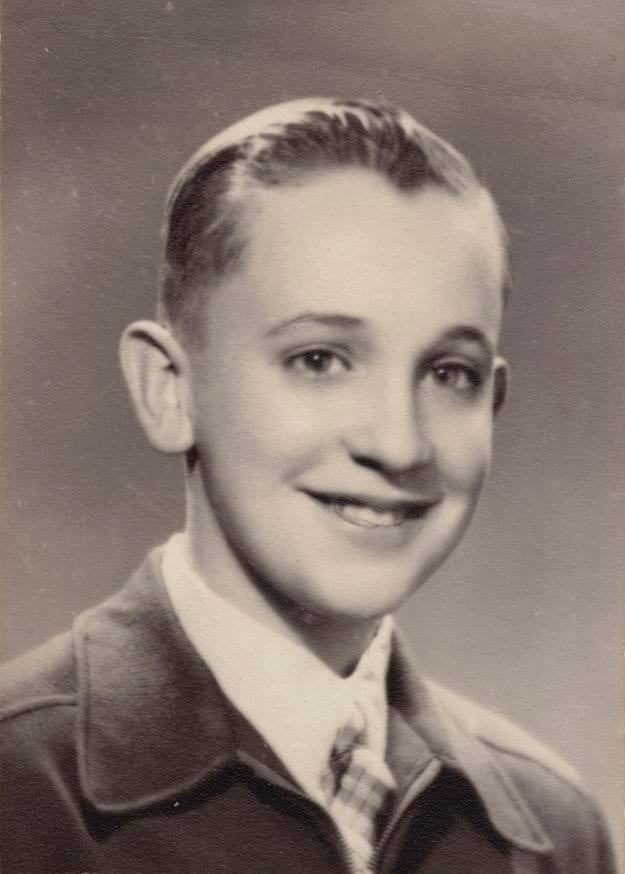Pope Francis, the first pontiff from the Global South and a transformational figure who sought to shepherd the Catholic Church with tenderness and a radical commitment to the margins, died of a stroke followed by heart failure on Monday morning in his Vatican residence. He was 88.
“At 7:35 this morning, the Bishop of Rome, Francis, returned to the house of the Father,” announced Cardinal Kevin Farrell in a statement released by the Vatican. He praised Francis for teaching the world “to live the values of the Gospel with fidelity, courage and universal love, especially for the poorest and those on the margins of society”.
His death came just one day after delivering the traditional Easter Urbi et Orbi blessing from the balcony of St Peter’s Basilica, followed by a ride in the popemobile across the square — an unexpected and symbolic final gesture from a pope who had grown frail but never ceased reaching out to the people.
Francis had been discharged from the Gemelli hospital less than a month earlier, following a bout of pneumonia and a series of respiratory crises. Admitted on 14 February with bronchitis, his condition later developed into double pneumonia and signs of early kidney failure. His most recent hospitalisation was the longest of his 12-year papacy.
How Slovakia will honour the late Pope Francis
Slovak flags will be flown at half-mast on the buildings of state and local government institutions from 8:00 on Tuesday until 17:00 on Thursday, according to the Interior Ministry.
Church bells across Slovakia are expected to ring daily at 15:00 until the funeral of Pope Francis.
Despite his failing health, Francis continued his duties with what the Slovak Bishops’ Conference called “unwavering service for the vulnerable”. Archbishop Bernard Bober described him as “a man of faith, humility and service” who left an “indelible mark” not only on Catholics but on all people of goodwill. “He brought people and nations together through dialogue and encounter, filled with tenderness and compassion,” Bober said.
From his appointment in 2013 as the first Jesuit pope and the first from Latin America, Jorge Mario Bergoglio reshaped the papacy into one of proximity and gentleness. He chose the name Francis after the 13th-century saint from Assisi, reflecting his priorities: poverty, humility, and creation.




 President Zuzana Čaputová during her audience with the Pope on 14 December 2020 in the Vatican. The meeting, held at the height of the pandemic, took place without face masks at the Pope’s request. “To protect him, however, we were all tested,” the president said. Even during that encounter, they spoke about divisions in society. “I deeply value the Pope’s long-standing support for the poor, the socially vulnerable, and those in need. It is profoundly inspiring to hear him speak about how essential it is to love every single person without exception.” (source: Facebook - Zuzana Čaputová)
President Zuzana Čaputová during her audience with the Pope on 14 December 2020 in the Vatican. The meeting, held at the height of the pandemic, took place without face masks at the Pope’s request. “To protect him, however, we were all tested,” the president said. Even during that encounter, they spoke about divisions in society. “I deeply value the Pope’s long-standing support for the poor, the socially vulnerable, and those in need. It is profoundly inspiring to hear him speak about how essential it is to love every single person without exception.” (source: Facebook - Zuzana Čaputová)

 This undated file photo made available by Maria Helena Bergoglio shows Jorge Mario Bergoglio as a teenager in Buenos Aires, Argentina. (source: TASR/AP)
This undated file photo made available by Maria Helena Bergoglio shows Jorge Mario Bergoglio as a teenager in Buenos Aires, Argentina. (source: TASR/AP)